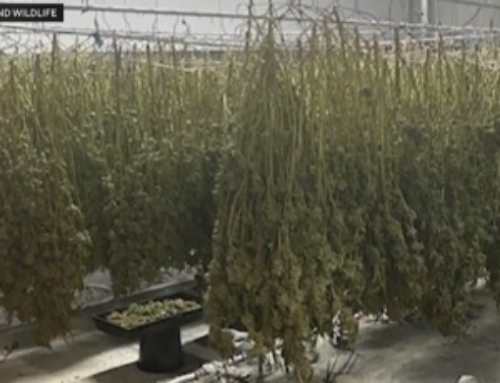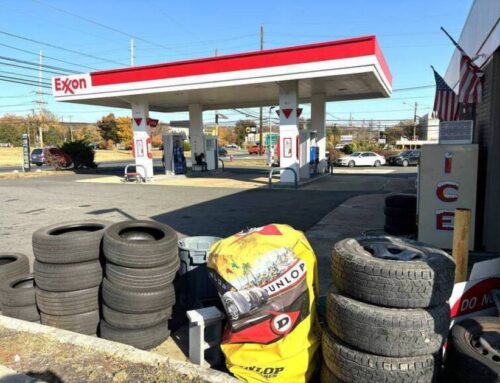Senate President aims to strip incinerators of renewable energy incentives
October 22, 2024
BALTIMORE — Baltimore is home to one of the two incinerators in our state and its Wheelabrator is highly contentious.
People in South Baltimore are against its existence, arguing it impacts the health and well being of community members.
“The RPS is not a waste management policy it’s a clean energy policy and the rps should be focused on creating clean renewable energy,” said Carlos Sanchez with the South Baltimore Community Land Trust.
Senate President Bill Ferguson hearing those concerns says he plans to introduce legislation removing waste to energy facilities from the list of renewable energy resources eligible for renewable energy credits.
“This has always been a policy I’ve had concerns about ever since it was passed in 2011. The goal of our renewable portfolio system is to encourage the development of new renewable energy. We don’t need to encourage new trash incineration to have a stronger Maryland,” said Senate President Ferguson.
The renewable energy credits are apart of a program to incentivize cleaner ways to create energy like wind or solar.
If an energy supplier doesn’t get enough credits they pay a penalty.
There are arguments in articles and academic papers about how renewable waste is.
But community members in South Baltimore see it as toxic.
“It produces some very harmful air pollutants including lead and mercury which are neuro-toxins. It produces fine particulate matter which is associated with early death from heart and lung disease and this has been known for a long time,” said Leah Kelly with the Environmental Integrity Project.
Wheelabrator does handle a large amount of trash from Baltimore and the surrounding areas.
Ferguson isn’t concerned the incinerator will shut down forcing that trash to go elsewhere.
“I don’t think that that’s something that’s of major concern right now. If you look at the auction prices of energy there was a 300% increase of capacity markets and the wheelabrator, win-waste, formerly wheelabrator center is able to participate in that capacity market,” said Ferguson.
Win Waste spokesperson Mary Urban sent us a statement saying in part:
“Maryland has minimal wind and solar and relies predominantly on energy from nuclear, natural gas and coal. Waste to energy (WTE), like nuclear, utilizes resources that are plentiful, creating a renewable baseload energy source as demand for reliable energy increases.”
“Decades of peer-reviewed and accredited data from Europe and the united states prove WTE facilities are safe for residents and win has recently invested nearly $50 million to make our baltimore facility among the cleanest in the world.”
Arguing that this bill would increase Maryland’s reliance on out of state energy.
The bill will have to pass both chambers but having Maryland’s top senator behind it this year increases its chances of passing.
Search
RECENT PRESS RELEASES
Related Post



